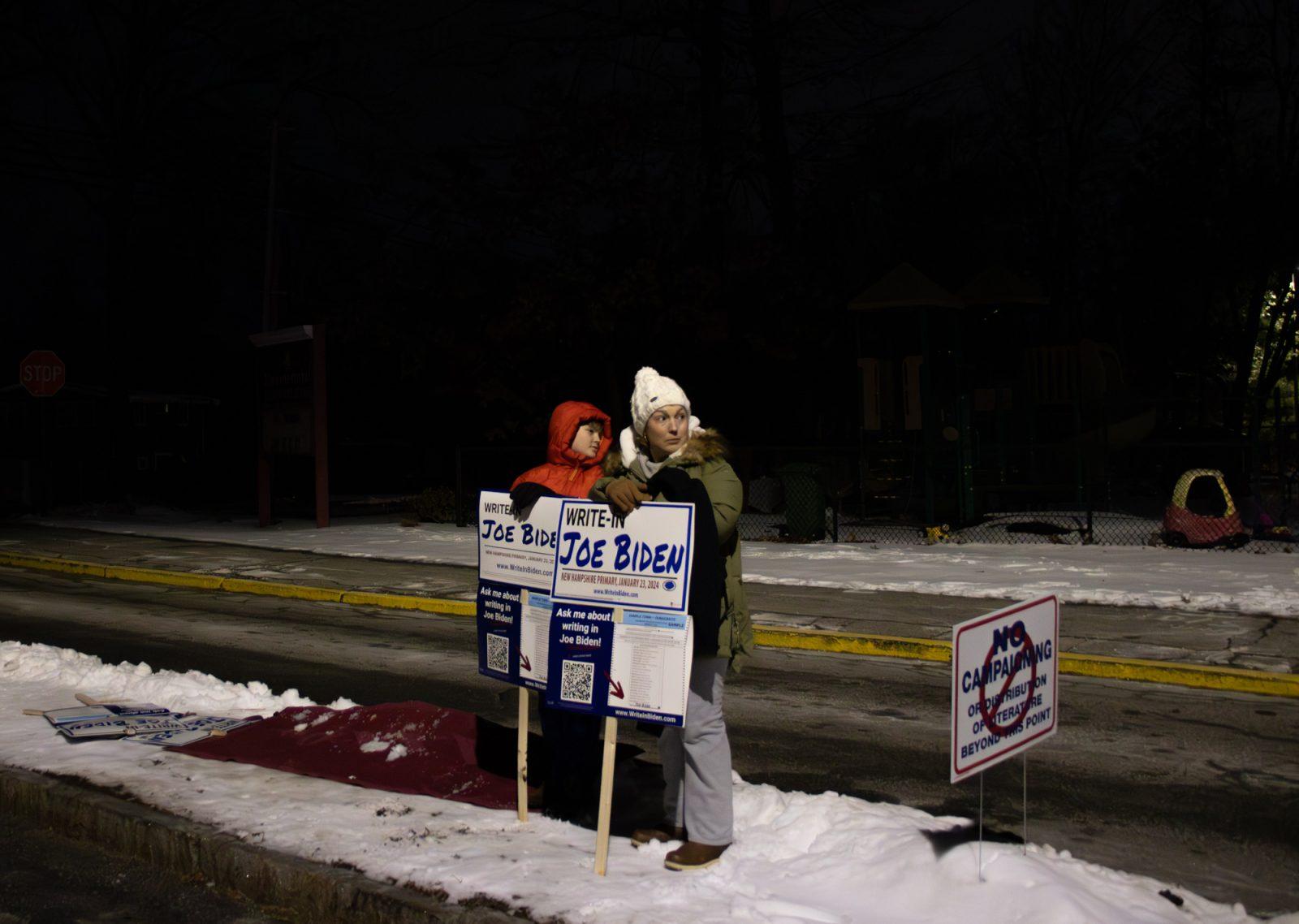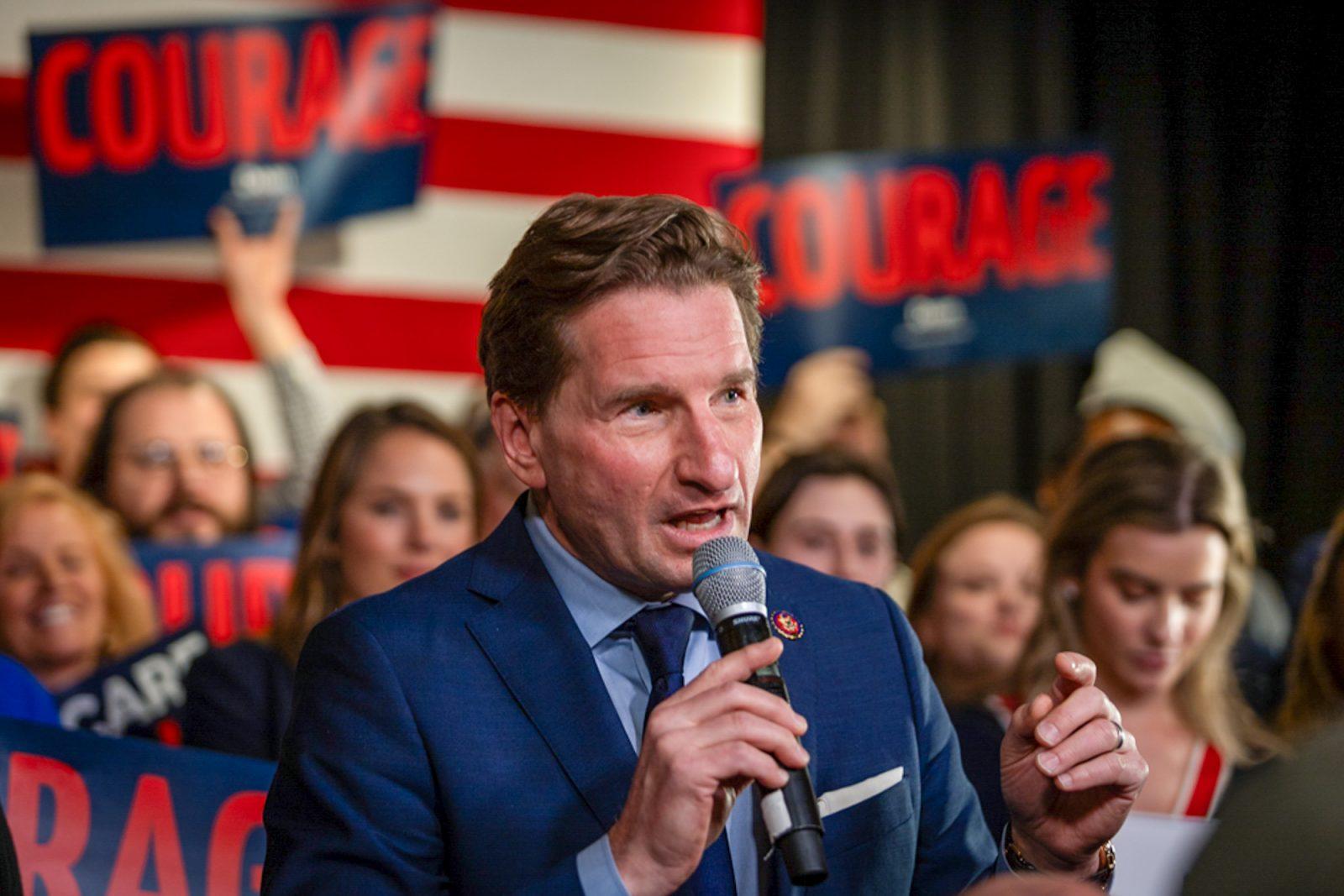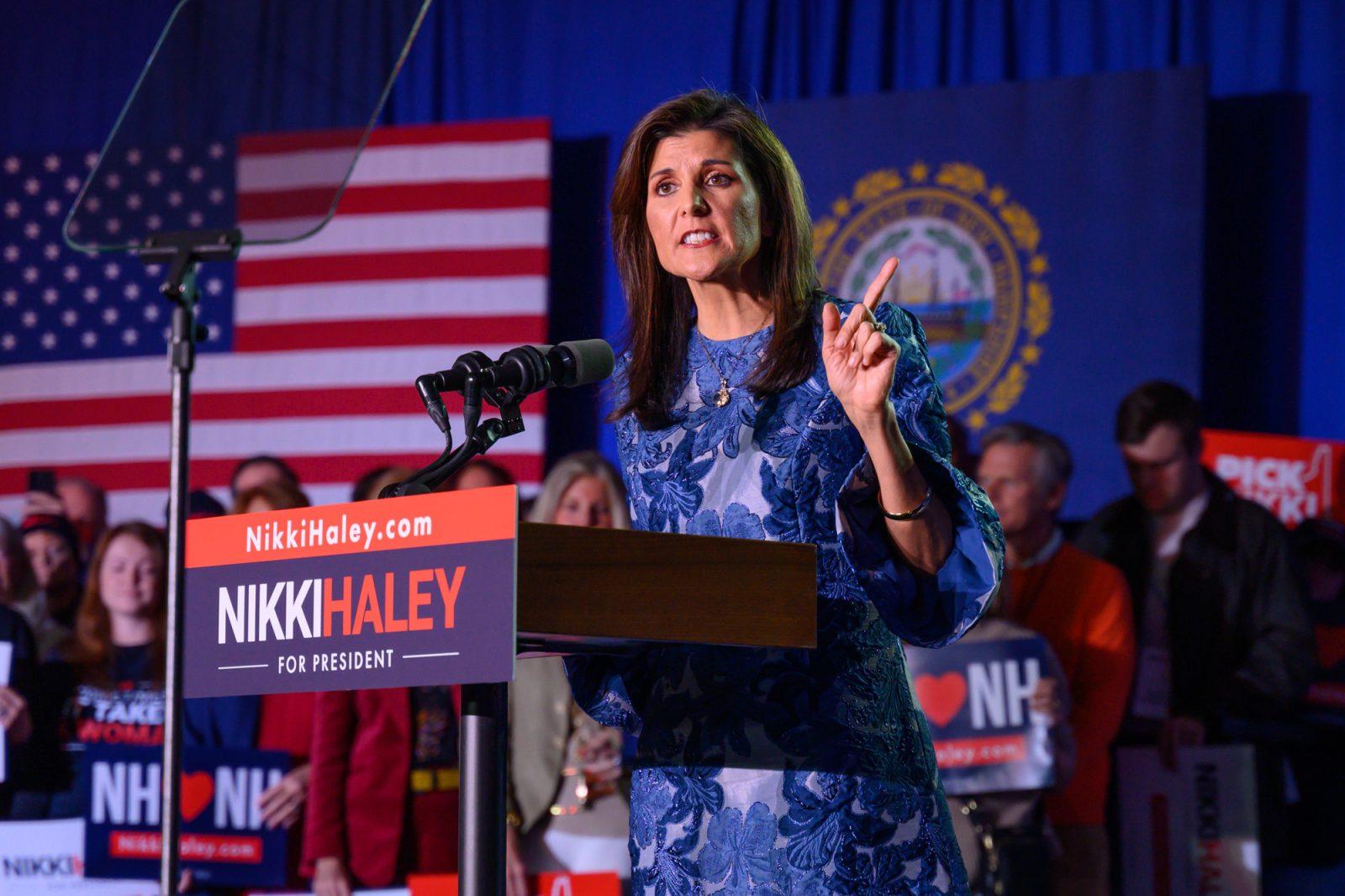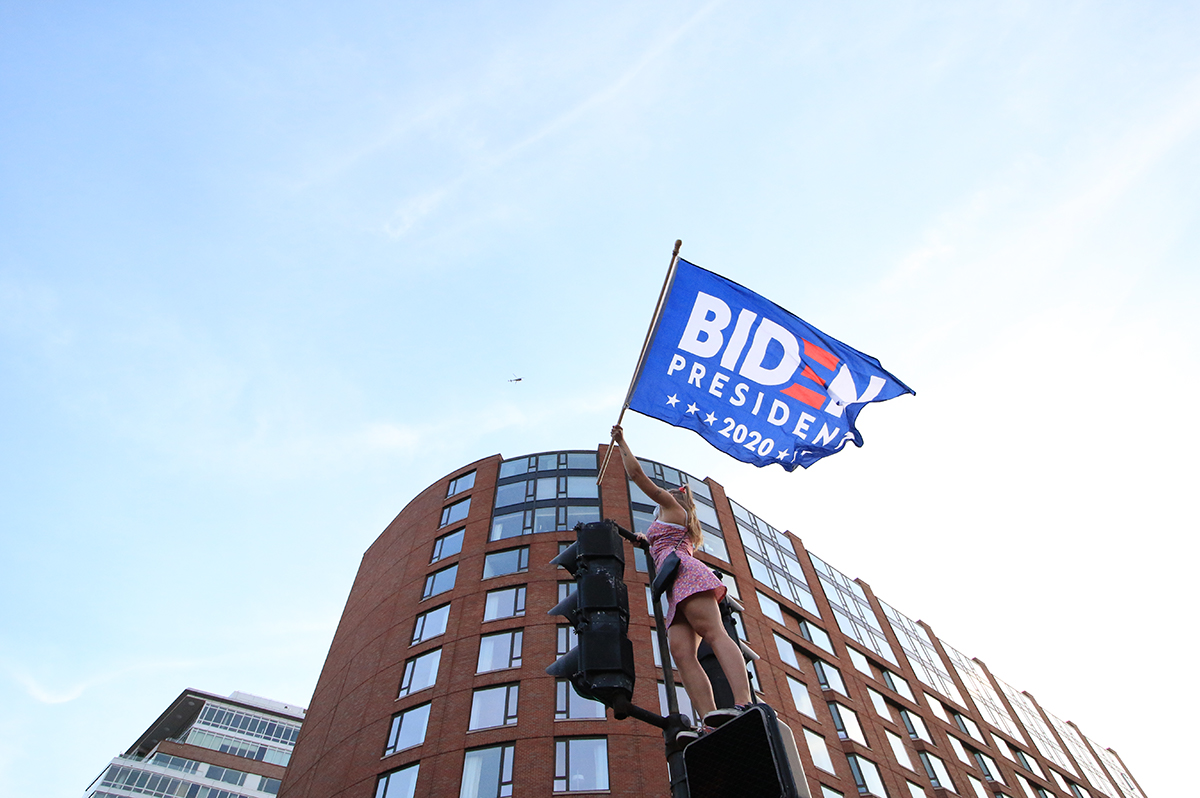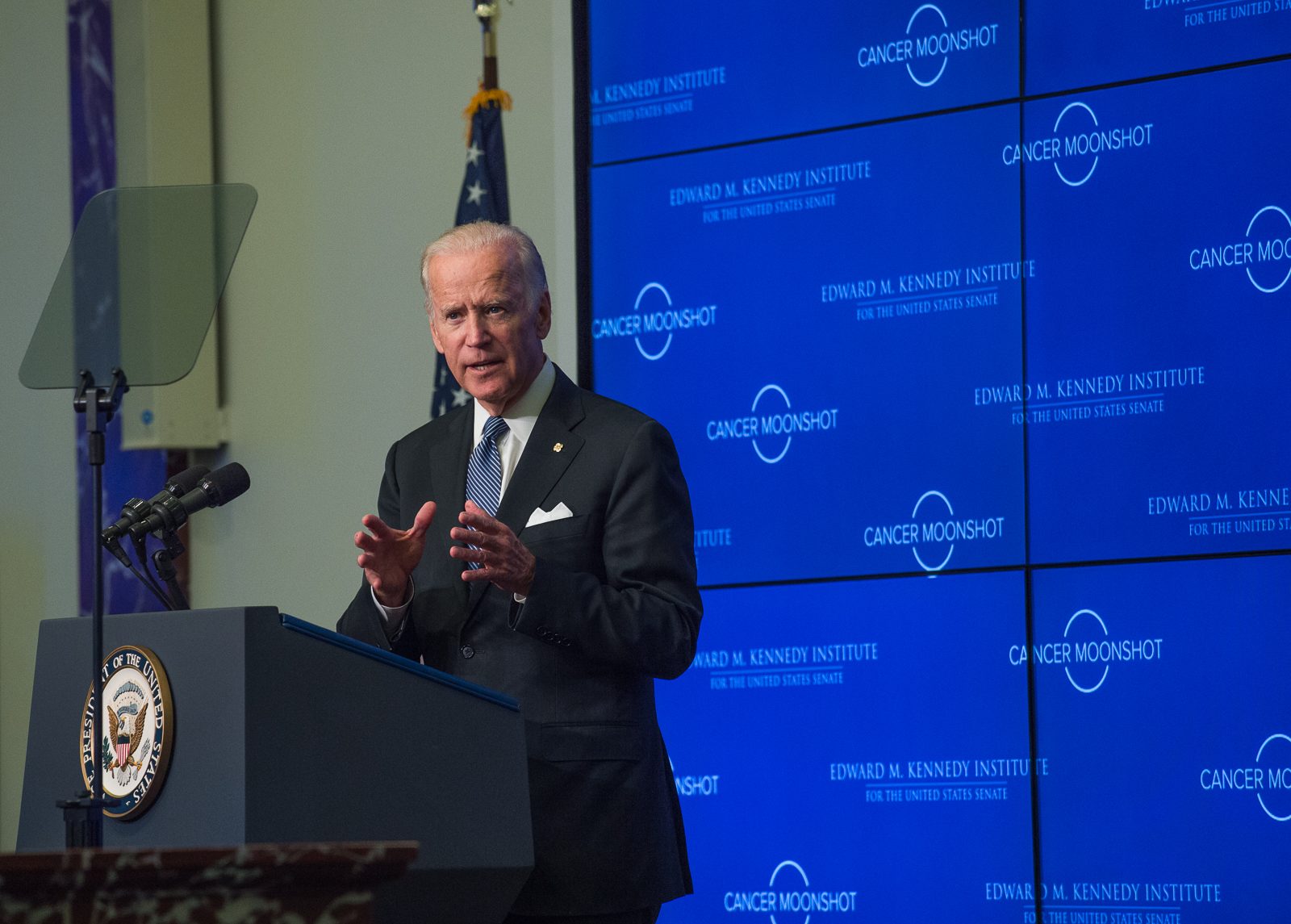Politicians may be watched more closely thanks to a bill the Massachusetts House of Representatives unanimously passed on ethics and campaign finance reform March 27. It has moved to the Senate for consideration.
The ethics package, the first of its kind in 15 years, is aimed at preventing public embarrassments, such as former State Sen. Dianne Wilkerson’s arrest on bribery charges last October.’ Wilkerson allegedly accepted $23,500 in bribes. She resigned Nov. 19.
If passed, it would give stronger power to the secretary of state and the State Ethics Commission, place more regulation on lobbyists and provide more ‘disclosure and enforcement of campaign finance law,’ according to a press release from Speaker of the House Robert DeLeo’s office.
‘It’s a great bill, and it’s got many pieces that are long overdue in both the areas of lobby, ethics and campaign finance reform,’ Common Cause Massachusetts Executive Director Pam Wilmot said.’ ‘None of the provisions are what I might call political game changes, but they will make it easier for the enforcement authority to detect and punish wrongdoers.’
Common Cause Massachusetts is a nonpartisan, nonprofit citizens’ advocacy group.
The bill raises penalties for transgressions and gives authorities more training and power toward going after suspicious activity. In the area of campaign finance, it adds disclosure in areas that were previously lacking and increases the number of required reports in an effort to add transparency to the system, Wilmot said.
‘There is a lot that we’ve been fighting to get for decades,’ she said.
The Senate, however, has been focused on transportation issues instead of taking action on ethics reform in the past two weeks.
‘DeLeo made it clear it’s his first order of business, and that wasn’t something the Senate said,’ Wilmot said. ‘I believe they’ll do it.’
DeLeo spokesman Seth Gitell said DeLeo is looking forward to the Senate’s action on ethics reform.
Wilmot said the legislation lacks in certain areas, such as clarifying language about gifts to public officials and giving law enforcement more ability to record conversations.
Boston University American Civil Liberties Union Vice President James Sappenfield said he is worried the law impedes upon personal freedom.
‘I am concerned that a significant amount of the bill establishes methods for internal oversight,’ Sappenfield, a College of Arts and Sciences junior, said.
The task of governing corruption is left to the secretary of state and the attorney general, who in turn can receive contributions from lobbyists because of the unclear excessive gift legislation, he said.
However, public concern goes deeper than specifics of the legislation’s language. A recent Suffolk University poll found that 40 percent of respondents rate the level of ethics in state government as poor. Fifty-one percent were ‘very concerned’ about the influence of lobbyists and special interest groups.
‘Right now, I can’t say that those of us engaged in public service are held in very high regard,’ DeLeo said in a speech. ‘Clearly, we’ve got a lot of work to do.’
‘These strong new rules can help to make government operate more like a well-run business and less like an isolated bureaucracy,’ he said.
Wilmot said people should not assume all politicians are corrupt.
‘The public is understandably cynical,’ Wilmot said. ‘But perhaps you can’t categorize all public employees in the same brush. The majority are hard working, honest, dedicated and trying to do the right thing.
















































































































